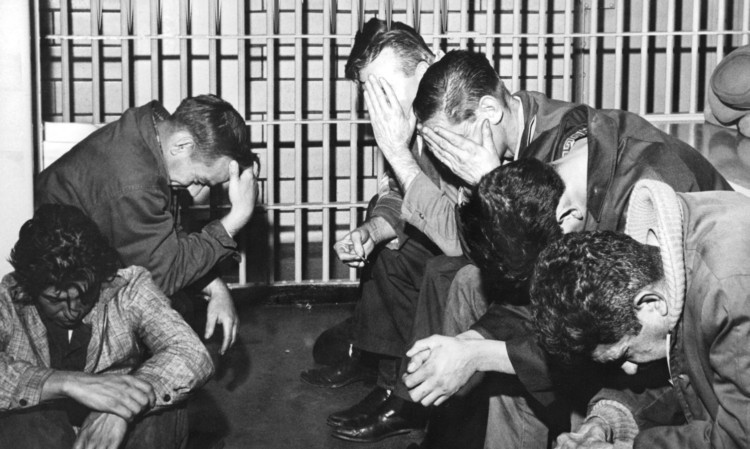A senior Scottish police officer has called for a debate on “drunk tanks” being introduced north of the border after proposals made in England.
David Hamilton, the Scottish Police Federation’s North Area chairman, was speaking after a speech by Chief Constable Adrian Lee, who said the privately-run facilities should be considered to tackle soaring levels of alcohol-fuelled disorder south of the border.
Mr Lee, the head of Northamptonshire Police and England’s national policing lead on alcohol harm, said intoxicated individuals should be taken to a cell run by a commercial company and charged for their care the morning after.
Mr Hamilton expressed concern about any scheme being run through the private sector, but suggested the Scottish Prison Service (SPS) may be the best vehicle. He said: “We have a real problem in how we deal with people who have taken alcohol. Our take on it is it is a medical issue and an individual shouldn’t be in police custody.
“We are getting more robust at taking people back to hospitals. Most of our fatal accident inquiries involve alcohol or drugs as a factor.
“Is the private sector the place to do it? I’m not sure it is.
“I’ve previously advocated the expansion of the Scottish Prison Service into the community and they have the expertise.
“I could see a role there for anyone but the police but certainly the SPS.”
Mr Lee said: “I do not see why the police service or the health service should pick up the duty of care for someone who has chosen to go out and get so drunk that they cannot look after themselves.
He added: “Why not put them somewhere safe where you could have private medical staff on hand?”
However, Eric Knox, director of Tayside Council on Alcohol accused Mr Lee of “criminalising people who have addiction issues” and the root of the problem needs to be addressed.
He said: “We have to have the proper services to get people out of that cycle where they need alcohol and drink too much and get them back into the normal behaviour of responsible drinking.
“We will always have people who fall off the wagon it is about being there to support them rather than punishing them particularly in the current climate when they are being punished by welfare reforms anyway.”
A Scottish Government spokeswoman said: “In Scotland we know that only addressing the outcomes of excessive drinking will do nothing to address the underlying problem.
